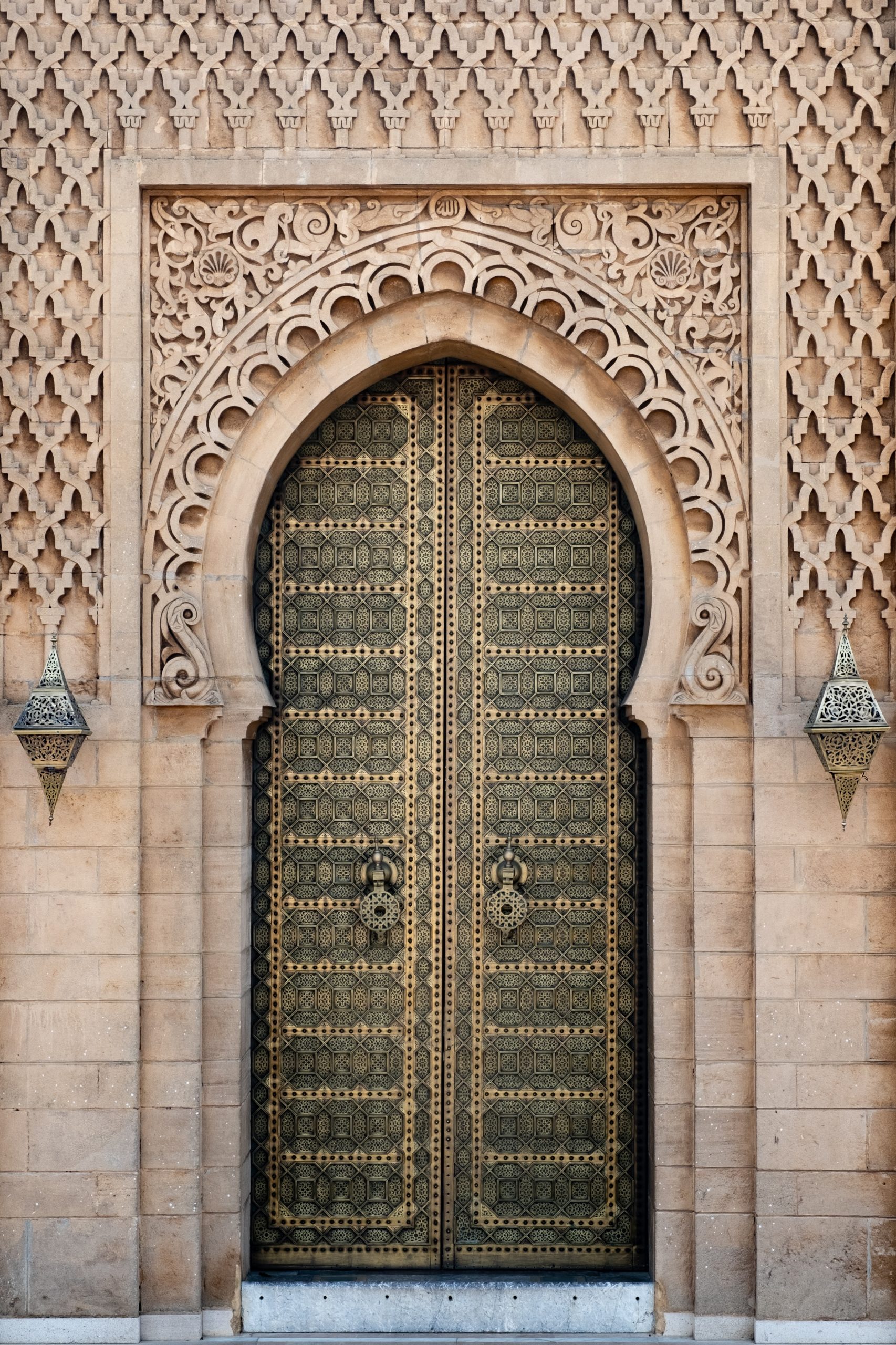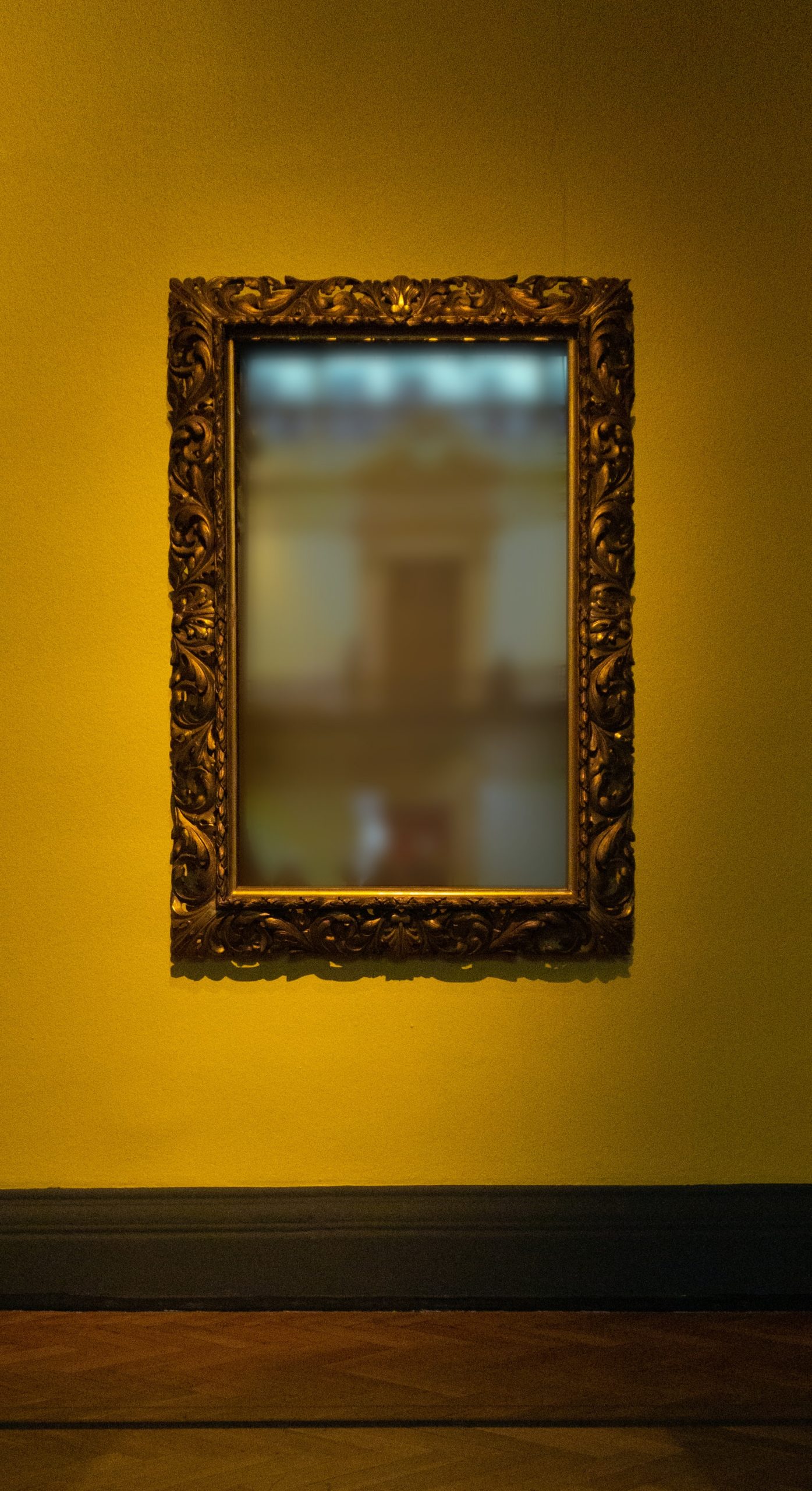It goes without saying that women were the primary narrators of the customs related to matters pertaining to women. However, there are many instances where women narrated on general issues. One renowned Ḥadīth is narrated by al-Rubayyi’ bint Mu’awwidh in which she describes the Prophet’s wuḍhūʾ. Her knowledge on this was so accurate and detailed that various scholars travelled to great lengths to hear this Ḥadīth from her.




